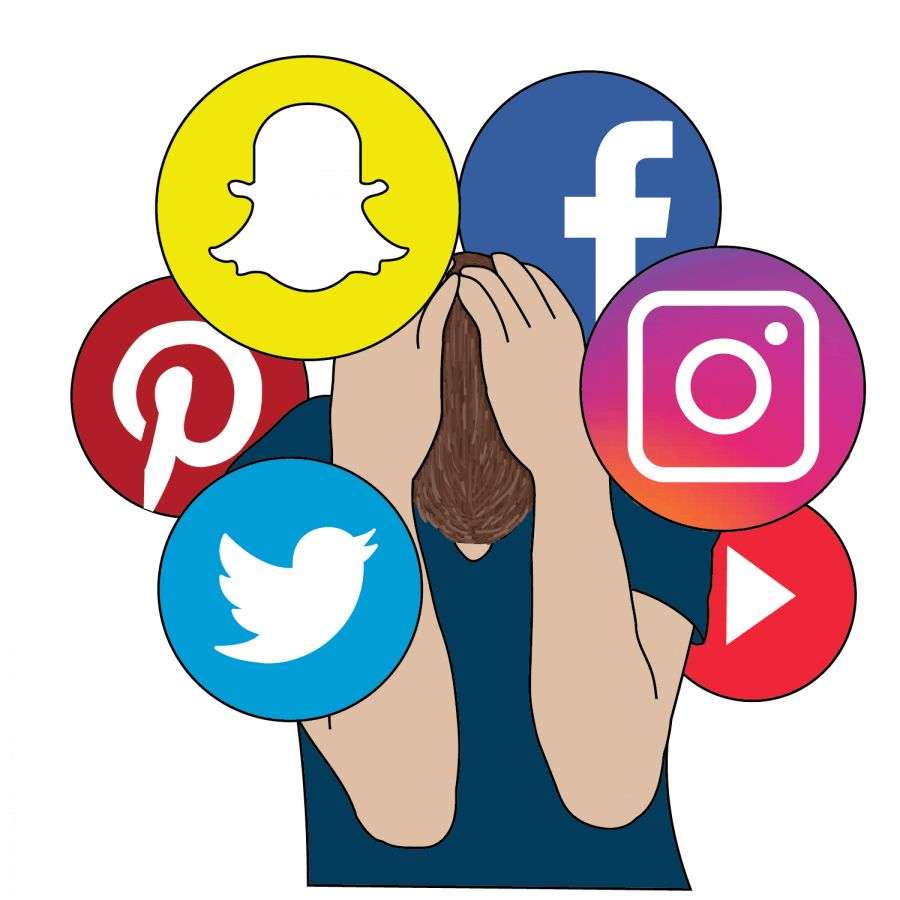This is a guest post from Cory Alexander, Author of “Followed – Who’s Following You?” and “FriendMe – What Would You Do?” Found at HarlemPressLLC.Com.
My wife had a sour look on her face, a look of masked disappointment, and I immediately thought, Did “I” do something? After sleeping on it, she approached me the next morning. “Our granddaughter is on TikTok!” I had mixed emotions. First, I was selfishly relieved that I wasn’t the cause of her discontent. Secondly, I was resigned to the fact my eight-year-young granddaughter was one of 175 million users posting on TikTok.
Having a social media account is now the equivalent of being alive. When someone says they don’t have social media, they mean, they have a Facebook page they hardly visit.

It’s not that our eight-year-old granddaughter’s desire to creatively express herself online concerns us. Our disappointment lies in the fact that her parents see little need for oversight.
Ask yourself, would you allow your eight-year-old to use a dating app? Of course not. But any app that allows a stranger to communicating with your child can essentially turn into a dating app. “Instagram Is Now a Dating Platform, Too. Here’s How It Works.”
Would you allow your eight-year-old to see an R-rated movie? Of course, you wouldn’t. However, any app that allows a stranger to communicating with your child can easily turn into an R-rated experience. What’s stopping a “follower” from direct messaging your child and exposing them to an inappropriate picture? Nothing. Remember, social media users operate in the bliss of anonymity. “TikTok Has A Predator Problem.”
By taking your hand off the wheel as a parent and leaving your child to their own devices, literally(!), you’ve potentially robbed them of their innocence. Now when you see them stressed and losing circulation in their hand from the firm grip they have on their phone, refreshing every couple of seconds, then, and only then, will you yourself look up.


Recent Comments